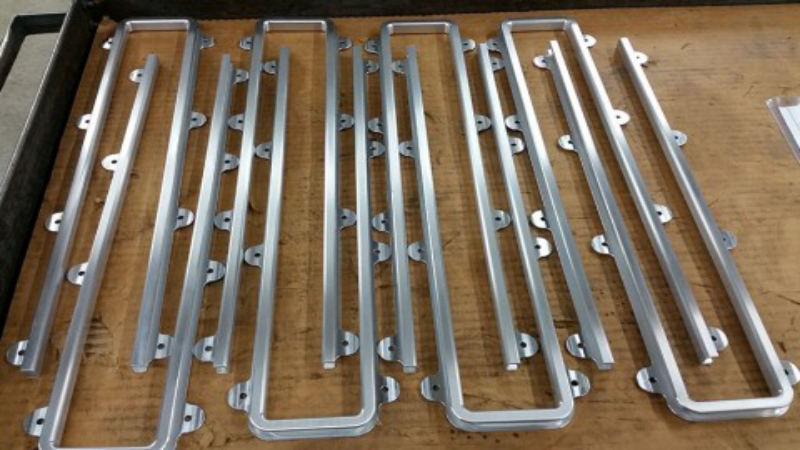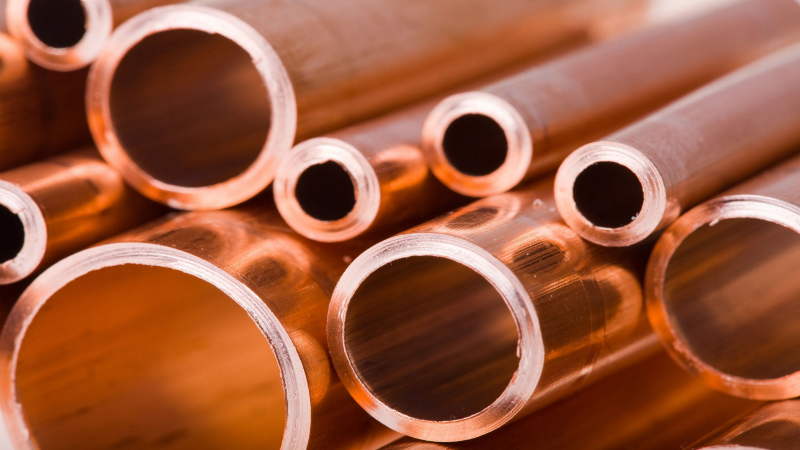To many, “custom” means “too expensive.” The concept behind that thought is that production costs associated with stock pieces are amortized over many more units than those attributed to custom efforts, making the cost per unit for custom efforts higher. This oversimplified cost analysis often causes would-be designers to shy away from creating the perfect, unique component for a particular application.
In the world of aluminum, however, custom extrusions not only offer solutions that are unavailable with standard profiles, but are also affordable, especially if you consider the savings that naturally follow custom engineering and if you employ some relevant cost-cutting measures throughout the production process.
Some Savings Opportunities are “Built In” with Custom Extrusions
* Aluminum is easily extruded into shapes with complex geometry, which allows for the elimination of secondary joining of standard profiles to approximate the desired end product.
* When machining of custom extrusions is needed, it is often less complicated than trying to machine stock profiles, since the custom extrusion process allows designers to place material where it is required, thereby reducing the amount of material that will need to be removed during the secondary machining process.
* Tooling is much less expensive (in terms of both money and time) for custom extrusions than for castings.
Cost Cutting Strategies Make “Custom” Affordable
* Hire an expert designer, experienced in material and tooling costs as well as current manufacturing and technology techniques.
* Select the “best fit” alloy for your application. Your designer will know that some alloys are better suited to others for the extrusion process. Additionally, some alloy properties are attractive but may underperform due to other properties—creating both functional and financial setbacks. (For example, aluminum alloy 7075-T6 is known for its high strength, making it a forerunner for applications placing the material under high stress. However, this alloy is not amenable to complex geometry, and secondary welding is not recommended, limiting its functionality for custom extrusions.)
* Understand that the 6000 series alloys are particularly well suited for extrusions, especially 6061 (the favored aluminum alloy for structural parts) and 6063 (often perfectly adapted to architectural designs).
If you are looking for an expert in custom extrusions, visit www.eagle-aluminum.com. In the business of supplying aluminum trims and extrusions for over 25 years, Eagle Mouldings is well respected for its customer service, quality design and products, and reliability.







